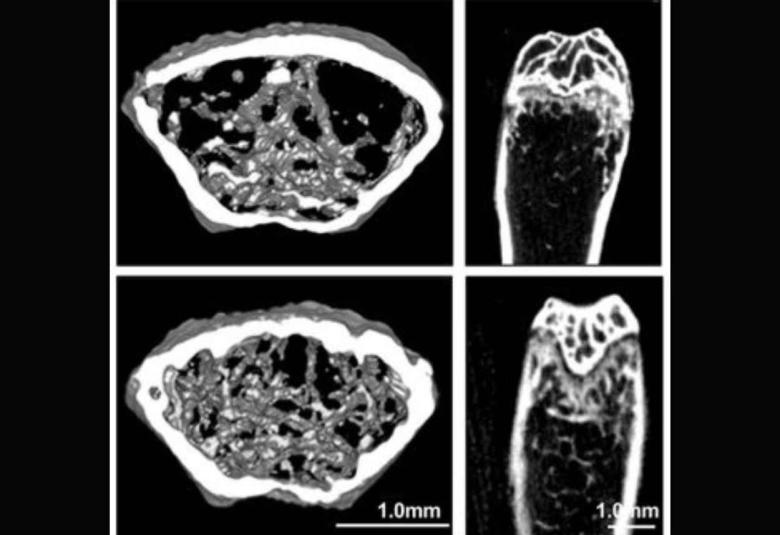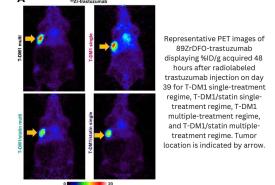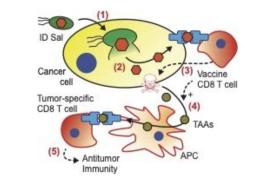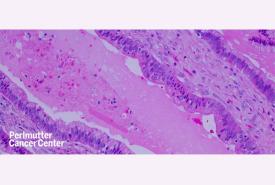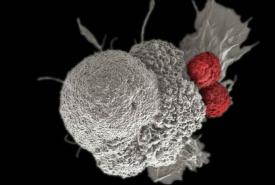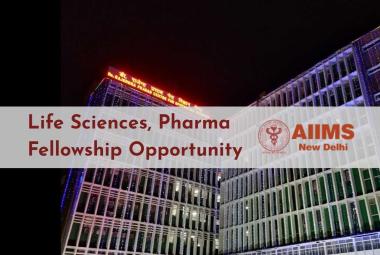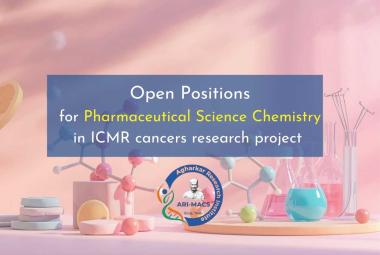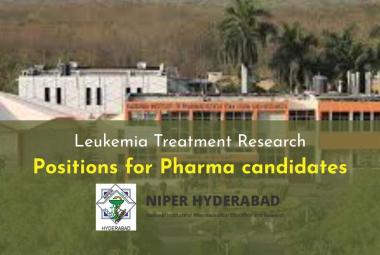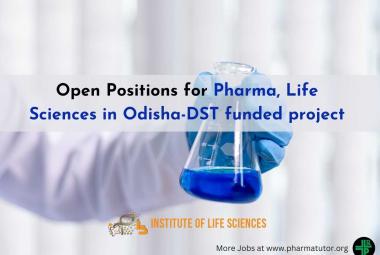AI identifies antimalarial drug as possible osteoporosis treatment
Artificial intelligence has exploded in popularity and is being harnessed by some scientists to predict which molecules could treat illnesses, or to quickly screen existing medicines for new applications. Researchers reporting in ACS Central Science have used one such deep learning algorithm, and found that dihydroartemisinin (DHA), an antimalarial drug and derivative of a traditional Chinese medicine, could treat osteoporosis as well. The team showed that in mice, DHA effectively reversed osteoporosis-related bone loss.


